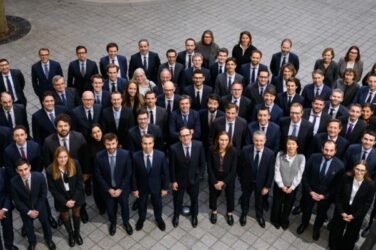
On 24 May 2024, the Federal Financial Supervisory Authority (BaFin) imposed an administrative fine of 12,975,000 euros on Citigroup Global Markets Europe AG. The fine was imposed because the company had contravened obligations under the German Securities Trading Act (Wertpapierhandelsgesetz – WpHG).
In May 2022, Citigroup Global Markets Europe AG did not have appropriate systems and risk controls in place to ensure that its trading systems are subject to appropriate trading thresholds and limits. The investment firm also failed to prevent the sending of erroneous orders, which may create or contribute to a disorderly market.
Citigroup Global Markets Europe AG outsourced its monitoring and management system for algorithmic trading to Citigroup Global Markets Limited in London. Regardless of the outsourcing, Citigroup Global Markets Europe AG remains responsible for appropriately designing its trading system. This system failed to detect a manual input error made by one of the company’s traders. The resulting erroneous orders caused a market disruption.
The administrative fine order is final and binding.
Background information:
Investment firms engaged in algorithmic trading, like Citigroup Global Markets Europe AG, are required to have certain systems and risk controls in place. In algorithmic trading, a computer algorithm automatically sets individual order parameters. Algorithmic trading differs from high-frequency algorithmic trading (i.e. high-frequency trading), in which high-performance computers carry out securities transactions without human intervention. High-frequency trading is subject to further requirements.
Investment firms must ensure that their trading systems are resilient, have sufficient capacity and are subject to appropriate trading thresholds and limits. One reason for this is that overloaded trading systems pose a high risk to capital markets. In addition, companies must take measures to prevent the sending of erroneous orders, which may create or contribute to a disorderly market.
If a company engaged in algorithmic trading has no systems or risk controls in place to avoid risks for systemic stability and market integrity, this constitutes a breach of section 80 (2) sentence 3 of the WpHG. BaFin may impose administrative fines on companies that fail to comply with this obligation. The maximum amount for this fine is 5 million euros or up to 10% of total revenue.





